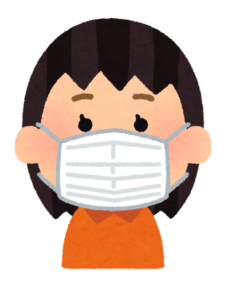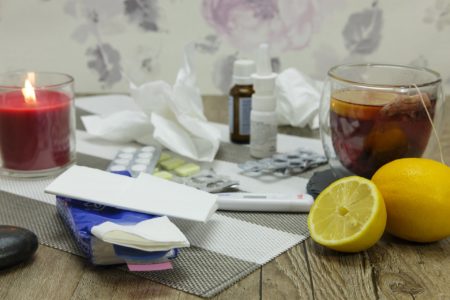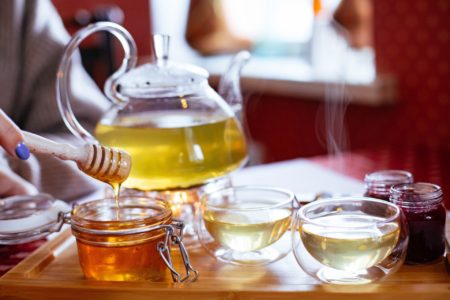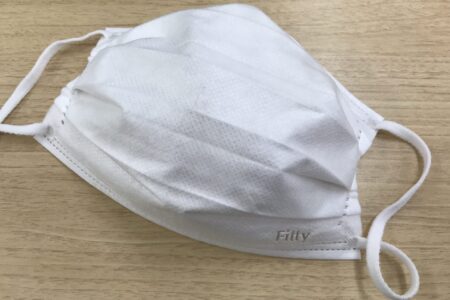The Abnormal Normality

Top photo: 古館ぶたこさん on PhotoAC
In the last few years, we have all experienced the seemingly never-ending doom and gloom of Covid-19. For those of us in Japan that’s mainly been states of emergency, partial lockdowns and some teleworking. With the roller coaster ride that it’s been, it has surely added a lot of stress to everyone’s day-to-day lives.
We wrote about how things were in Japan back in 2020. In the time since, some things have changed for the better, while others remain the same. Here, we will be looking at some of the preventative measures offered by health organizations as we proceed with our lives in this new abnormal normality.
Social Distancing
A rather obvious one that has been instilled in us from the beginning. Avoid any heavily populated areas as much as possible and keep your distance from people. Especially the ones that don’t even know how to properly wear a mask. I know for those travelling to work it is near impossible with packed trains in the metro areas, but nevertheless, be aware of your surroundings. The WHO website recommends to avoid the 3C’s which include avoiding spaces that are closed, crowded, and involve close contact.
Masks
 Whether it be the generic white mask purchased at a local drug store, or cloth that can be washed and re-used, proper mask wear can help protect against the spread of the virus.
Whether it be the generic white mask purchased at a local drug store, or cloth that can be washed and re-used, proper mask wear can help protect against the spread of the virus.
Personally, it’s easy to want to re-use a mask day in and day out because it’s available, but it is recommended to change every day or if you have the cloth version to wash after use. According to the World Health Organization, it is recommended to keep your mask in a plastic bag when not being used. Although you may have seen people doing this, according to Toyohashi University of Technology, wearing two masks has the same effect as wearing one, so don’t go overboard because it’s unnecessary.
Travel
For the most part, trains in Japan are doing a good job at regulating air flow per train car. Although it is still a little chilly at times, they have windows open, and there is a ventilation system that regulates air flow in and out of the train cars every 6 to 8 minutes. The train companies recommend avoiding rush hour, but that is a far-fetched idea that for most people is not doable.
What to do if you feel unwell
According to multiple health organizations both international and domestic, these steps should be taken:
If you have a fever, cough and difficulty breathing, seek medical attention immediately. Call by telephone first and follow the directions of your local health authority.
Know the full range of symptoms of COVID-19. The most common symptoms of COVID-19 are fever, dry cough, tiredness and loss of taste or smell. Less common symptoms include aches and pains, headache, sore throat, red or irritated eyes, diarrhea, a skin rash or discoloration of fingers or toes.
Stay home and self-isolate for 10 days from symptom onset, plus three days after symptoms cease. Call your health care provider or hotline for advice. Have someone bring you supplies. If you need to leave your house or have someone near you, wear a properly fitted mask to avoid infecting others.
Keep up to date on the latest information from trusted sources, such as WHO or your local and national health authorities. Local and national authorities and public health units are best placed to advise on what people in your area should be doing to protect themselves.
Another thing you can do is contact your city/ward offices’ health insurance office.
PCR Tests
Depending on where you live, PCR same-day tests are easily accessible. In the metropolitan areas, there are testing areas that provide results in hours. They tend to cost around 3,000 yen, but if you contact your ward/city office you might be able to find a local clinic that offers them for a cheaper price.
Even more so, recently there are clinics that offer real-time test results for PCR for local use only. The PCR test for traveling overseas will cost you close to 20,000 yen and the results are also within a few hours.
Although trying to go about your daily life, it can be near impossible to avoid coming into contact with people, please be aware of your surroundings and try to keep yourself as safe as possible. There’s no telling what kind of symptoms you will get if infected by the virus and it’s better not to play with fire unless necessary. I hope you all have a virus-free 2022 and get through it with no issues.
Photo Credits:
Top photo: 古館ぶたこさん on PhotoAC
Additional image courtesy of Irasutoya
All other content (text) created by the original author (Antonio Diaz) and © 2022 MUSUBI by Borderlink
RELATED
-

Be Prepared: Flu Season in Japan
Top Image: Bru-nO on Pixabay Winter is coming, but are you ready? Like much of the northern hemisphere, season… -

Healthy Drinks for Your Immune System
Top Image: Valeria Boltneva from Pexels Keeping your immune system strong is an important way to fight those d… -

One (Thing) For All
Top Photo: taken by MUSUBI staff member, Ⓒ 2021 MUSUBI by Borderlink The situation we have found ourselves to …
PEOPLE

Antonio Diaz
From the US
Has experienced Japan- and especially Osaka- for many years!


